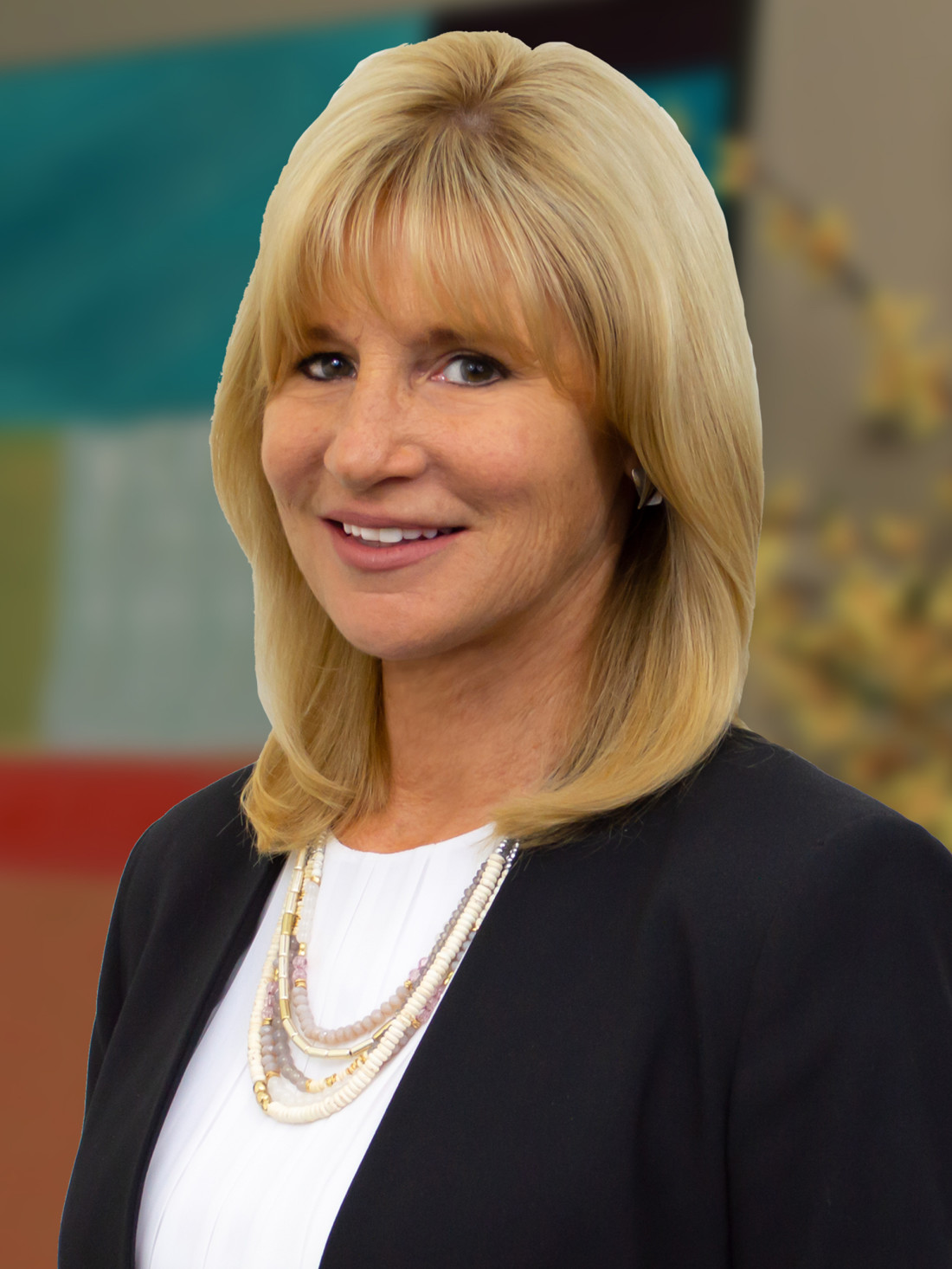What You Need to Know
- The New Jersey Board of Public Utilities has established a permanent statewide Community Solar Energy Program to provide access to clean energy for a broader range of utility customers throughout the state.
- The permanent program follows a highly successful two-year Community Solar Pilot Program established by New Jersey’s Clean Energy Act of 2018.
- Projects eligible for the permanent program must serve a minimum of 51% percent of low and moderate income subscribers, who will be guaranteed a minimum discount of 15% on their utility bills.
________________________________________
On August 16, 2023, the New Jersey Board of Public Utilities (BPU) issued an order establishing a permanent statewide Community Solar Energy Program (CSEP). Upon adopting the CSEP, the BPU also approved new regulations governing the program.
A community solar project enables utility customers to subscribe to a solar energy installation that is located apart from their own properties and receive a credit on their utility bill for that participation. By providing access to clean energy for customers currently unable to place clean energy generation directly on their own properties, community solar projects promote the availability of clean energy while enabling customers to save money on their electric utility bills.
The CSEP will be open to qualifying community solar energy projects with a capacity no greater than 5 megawatts (MW) and is expected to play a critical role in making the benefits of clean energy widely available to low and moderate income (LMI) utility customers.
Pilot Program
The CSEP was adopted after the BPU conducted a highly successful two-year Community Solar Pilot Program. On May 23, 2018, the state legislature adopted the Clean Energy Act of 2018, which required the BPU to issue regulations implementing the Pilot Program. The Clean Energy Act further required the transition of the Pilot Program into a permanent program after operating the Pilot Program for 36 months.
In January 2019, the BPU adopted rules implementing the Pilot Program. In April 2019, the BPU commenced the first year of the Pilot Program (PY1) by accepting competitive applications from community solar providers. During PY1, the BPU received 252 applications of which 45 (consisting of 78 MWs of capacity) were approved. In the Pilot Program’s second year (PY2), which commenced in October 2020, the BPU received over 400 competitive applications and approved 105 of those applications (consisting of 165 MWs of capacity). To date, approximately 29 approved projects (consisting of 52 MWs) have achieved commercial operation, and the BPU expects that approximately 97 additional projects will achieve commercial operation within the next several months.
All of the projects selected for the Pilot Program were LMI projects, meaning at least 51% of capacity was reserved for LMI households and affordable housing providers. Furthermore, all projects approved are planned to be located on rooftops, parking canopies, landfills, or brownfields.
On October 28, 2021, the BPU announced that due to the widespread popularity of the Pilot Program, it would transition to a permanent program without implementing a third year to the Pilot Program. The BPU recognized that experience gained from the successful Pilot Program provided it with sufficient knowledge to convert the Pilot Program to a permanent program. At that time, the BPU also announced that it would conduct stakeholder proceedings to solicit comments and “lessons learned” from stakeholders in connection with the development of regulations for a permanent program. Upon adopting the permanent program, the BPU noted that the Pilot Program “laid the groundwork for development and implementation of a permanent, full scale CSEP.”
Permanent Program
Under the permanent program, a project’s capacity shall not exceed 5 MWs. Eligible projects will be required to be sited on rooftops, carports, canopies over impervious surfaces, contaminated sites and landfills, and certain bodies of water such as water treatment reservoirs and dredge ponds. In order to be eligible for the permanent program, at least 51% of the project subscribers must be LMI customers. Further, all projects must provide customers with at least a 15% guaranteed discount off the solar credits issued by the utility. Qualified applicants will be approved on a first come first serve basis.
The BPU anticipates that it will commence the acceptance of applications for Energy Year (EY) 2024 in November 2023. Given that community solar applications have not been accepted since 2020, the BPU intends to make 225 MWs of capacity available for EY 2024 and EY 2025.
We will continue to monitor developments related to the permanent program and will issue further updates as appropriate.
Please contact the author of this Alert with questions or to discuss your specific circumstances.
 Barbara J. Koonz
Barbara J. Koonz
Partner, Environmental Department
bkoonz@greenbaumlaw.com
973.577.1894
